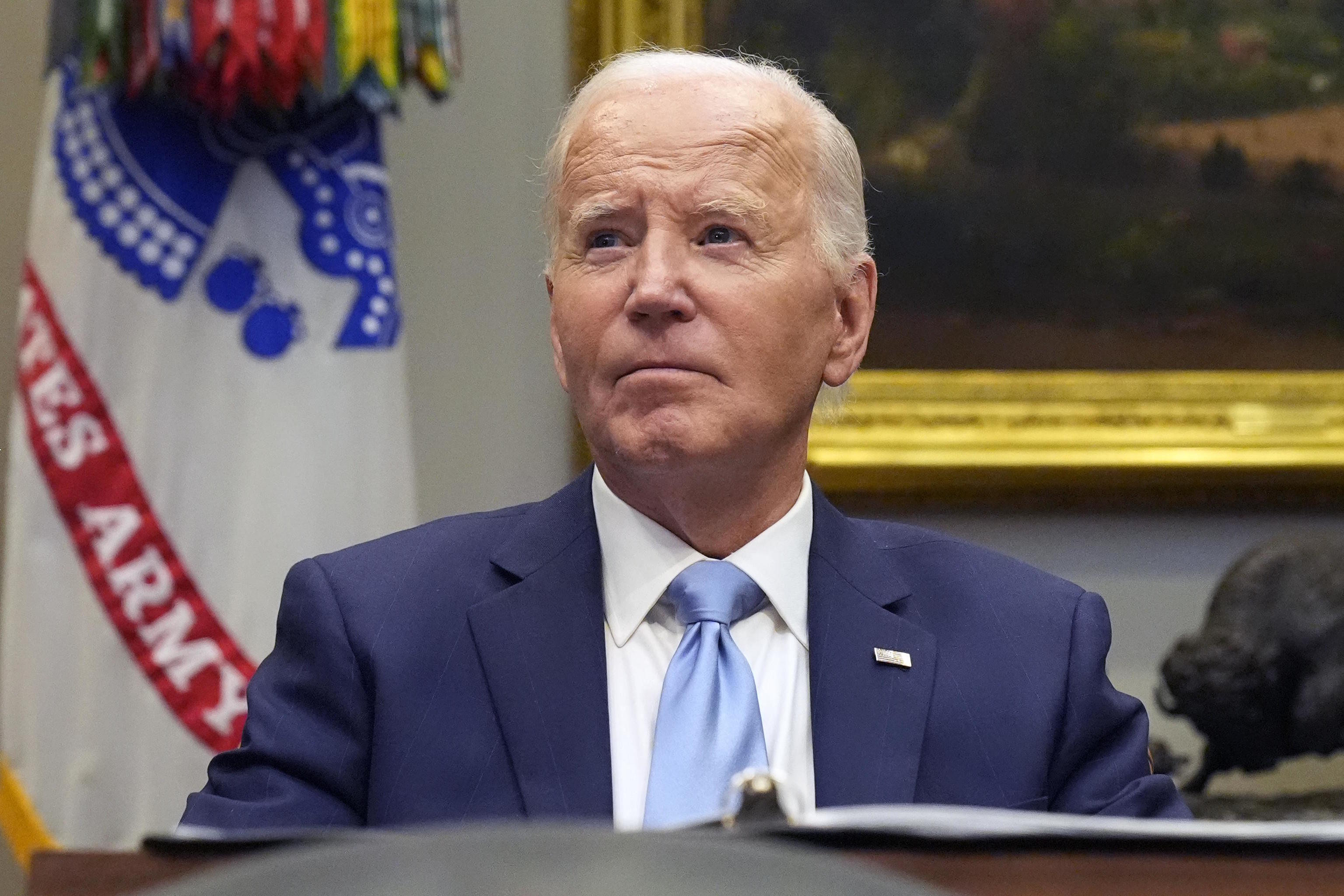The United States fully supports the retaliatory actions that Israel will take against Iran for the missile strike that country launched against Tel Aviv and several Israeli air bases. Furthermore, Washington is coordinating with Tel Aviv on the military response "at the military level and at the level relative to the President [of the United States] and the Prime Minister [of Israel]."
This was declared by National Security Advisor, Jake Sullivan, in a brief press conference at the White House, who described the bombing as "ineffective and a defeat [for Iran]." According to preliminary figures provided by the U.S., one person has died from the Iranian missiles, a young Palestinian from Jericho. In the April 13 attack, a Bedouin from Sinai was seriously injured.
"We have made it clear that there would be consequences - severe consequences - for this attack, and we are working with Israel to ensure that is the case," Sullivan added. Biden's advisor, likely the most influential figure in foreign and defense policy within the U.S. government at this moment, has described the bombing as a "significant escalation" by Iran.
The U.S. President himself made a statement, saying, "The United States and Israel were expecting a deplorable attack like the one that occurred, and they were prepared and trained for it. From what we know, the attack was ineffective and defeated. This is a testament to the military capability of Israel and the United States," he added.
"Make no mistake: the United States is fully, fully, fully committed to supporting Israel," Biden assured.
During the attack, the United States not only informed Israel of the missile trajectory but also intercepted a number of them with their destroyers, although the exact number has not been disclosed. Due to the ongoing attacks by Yemeni Houthi rebels - Shia and therefore aligned with Iran - on merchant ships in the Red Sea and the Indian Ocean over the past year, the U.S. Navy has intercepted hundreds of missiles in the air, giving them unparalleled experience in such operations.
Especially useful in the attack may have been the missiles designed to shoot down RIM-161 Standard ballistic missiles, which had never been used in combat before. It was in April when they began doing so, and the experience of U.S. sailors may have yielded unexpected results in Israel's defense now.
"We are proud of the actions we have taken with Israel to protect and defend that country," Sullivan added. Unlike the April 13 attack, the U.S. did not use aircraft against the missiles, perhaps because aviation is more effective against drones and cruise missiles - which accounted for two-thirds of the projectiles used by Iran on that occasion - than ballistic missiles. Jordan, France, and Britain also did not participate on Israel's side.
The targets of the attack appear to have been the headquarters of the Israeli intelligence agency specializing in operations outside the country, the Mossad, which has played a key role in the targeted killings of Iran's nuclear program leaders and Hezbollah leaders. Other targets seem to have been air bases in the center and south of the country.
However, the Israeli forces in the north, near the border with Lebanon, have not been affected. This has surprised some analysts, given that these military units are involved in the invasion of Lebanon, aimed at eliminating Hezbollah, the political and armed group that is effectively an extension of Iran's regime.
According to the U.S. television network MSNBC, Israel has announced that it will retaliate against Iran. Following the April 13 bombing, Tel Aviv forces destroyed an anti-aircraft defense system protecting one of Iran's nuclear system bases. It was a very symbolic action: its importance was minimal, but it demonstrated that Israel - probably with the help of Special Forces infiltrated in the country, perhaps permanently - could target the most sensitive facilities of Iran's defense infrastructure.
Now, the U.S. fears a larger-scale attack on Iran's atomic program or even on the Supreme Leader of the Islamic Republic, Ayatollah Khamenei, who has been missing since the assassination of Hezbollah leader Hasan Nasrallah by Israel on Friday.
Given Israel's relative isolation since launching the invasion of Lebanon, with only the United States supporting it, it is unclear if there have been other foreign armed forces assisting.
Israeli anti-aircraft defense systems, like the 'Iron Dome', are designed to protect critical targets in the country, such as air bases or intelligence centers. This means that they do not intercept missiles heading to other areas, including uninhabited zones, farms, or even factories, so it is likely that some projectiles hit their targets.
